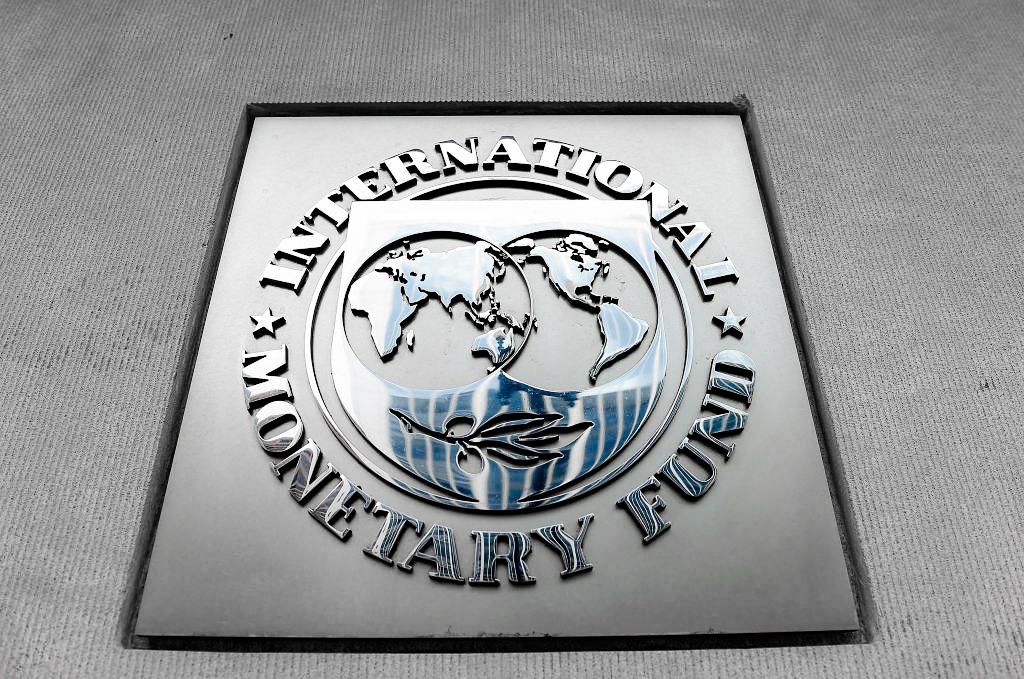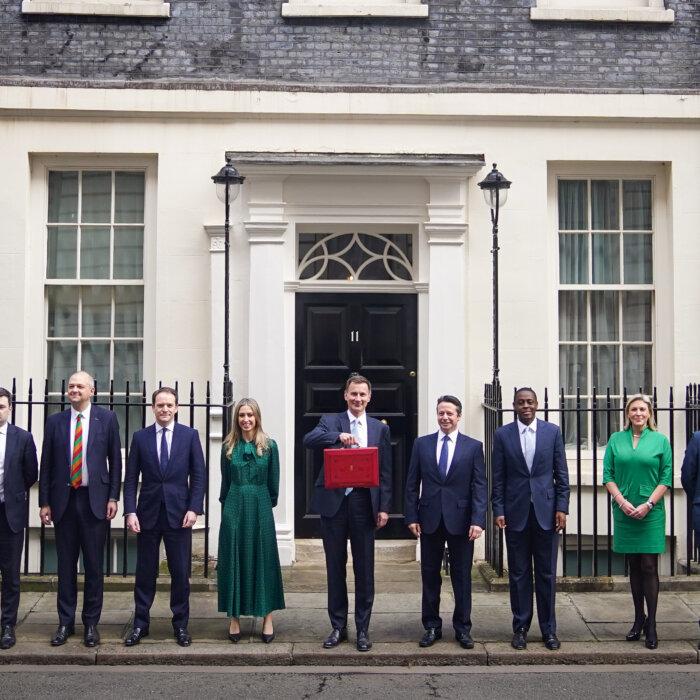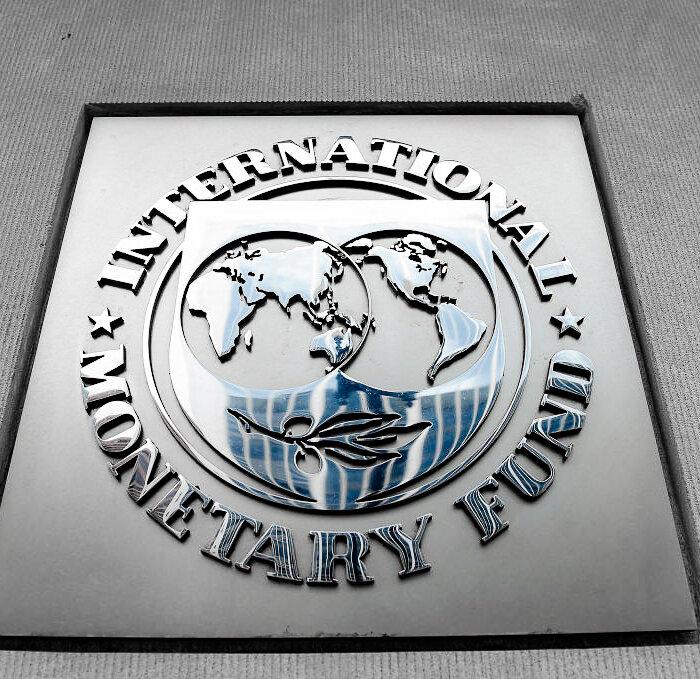The International Monetary Fund (IMF) has warned of a critical need to reduce the UK public debt, suggesting that some recent government policies could worsen its trajectory in the medium term.
The organisation, comprised of 190 member countries, published its Fiscal Monitor outlook on Wednesday. Commenting on the state of the public debt in advanced economies, the IMF urged the UK to address “fundamental imbalances” between its spending and revenues.
The report said that although the recent cuts to national insurance contributions were “part-funded by well-conceived revenue raising measures,” they could exacerbate the state of UK national debt.
The IMF expects global debt to increase close to 100 percent of GDP by 2029, a trend led by China, Italy, the UK, and the United States. Britain’s general government debt, currently equivalent to 100 percent GDP, has been estimated to reach 110 percent by 2029.
The UK needs to withhold fiscal loosening to avoid future surges in national debt, the IMF said.
It warned that in the year when many countries are holding elections, the “risks of fiscal slippages are particularly acute.”
“Empirical evidence shows that fiscal policy tends to be looser, and slippages larger, during election years, reflecting a ‘political budget cycle,’” the report said.
Tax Cuts
Chancellor Jeremy Hunt told the Financial Times on Tuesday that the government would like to cut taxes “if we can.”“It’s something we’d like to do if we can. But it’s not something that we can possibly know whether it will be possible at this stage,” said the chancellor, adding that tax decisions will be made in a “responsible” way.
In its ambition to cut taxes in the election year, the government finds itself between a rock and a hard place. On one hand, slashing taxes could prove critical for the Conservative Party to increase its poll ratings.
On the other hand, tax relief would mean going against the advice of a respected global economic institute, such as the IMF.
In its Fiscal Monitor report, the IMF warned that delays in consolidation could lead to future crises and “more painful fiscal adjustment.” Fiscal restraint in the near term could also contribute to the slowdown of inflation, it added.
Unfunded Policies
During Prime Minister’s Questions (PMQs) on Wednesday, a spokesman for Prime Minister Rishi Sunak confirmed the government’s ambition to implement a number of fiscal events.The government doesn’t have a specific timetable for abolishing national insurance contributions altogether—a policy questioned by the opposition.
Labour leader Sir Keir Starmer has called the “£46 billion promise” to scrap national insurance “completely unfunded.” During PMQs he asked how the government planned to fund it and whether the money would come from the NHS and state pension budgets.
“Mr. Sunak has previously said that this commitment will be met without increasing borrowing or cutting spending,” said Mr. Sunak’s spokesman.
Labour’s national campaign coordinator Pat McFadden has urged the prime minister “to come clean” and stop avoiding the question of how the government can afford tax cuts.
IMF concerns over unfunded policies and their impact on fiscal stability are particularly relevant in Britain’s case.







